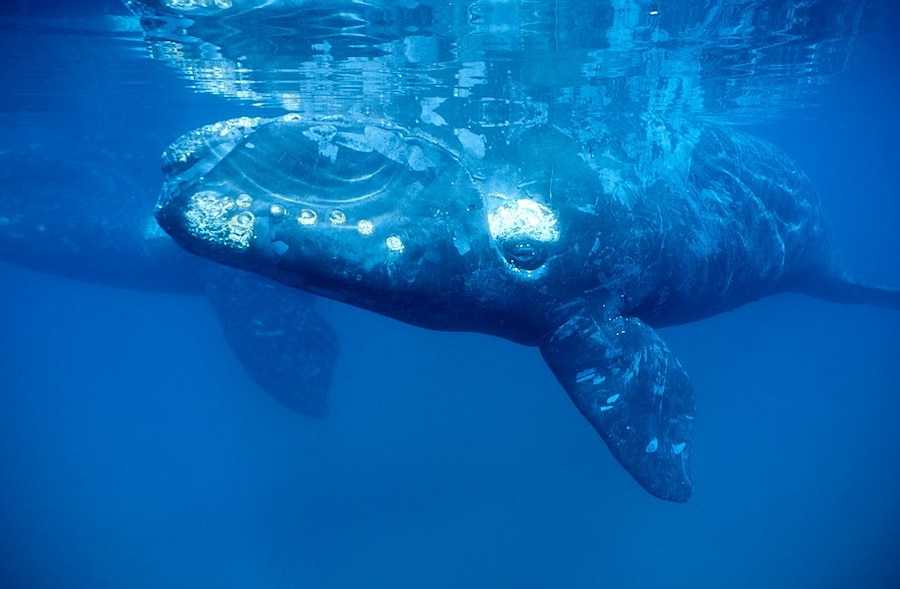
10 Green Living New Year’s Resolutions
The average person generates 4.9 pounds of waste each day, with more than 146 million…
The post 10 Green Living New Year’s Resolutions appeared first on Earth911.

The average person generates 4.9 pounds of waste each day, with more than 146 million…
The post 10 Green Living New Year’s Resolutions appeared first on Earth911.
Biologist Claudio Sillero first observed a curious behavior among Ethiopian wolves in the 1980s: these carnivores were licking the flowers of the red hot poker plant, native to Ethiopia’s highlands. New research now confirms this behavior and suggests that these wolves might act as unexpected pollinators. Published in Ecology in November, the study documents Ethiopian […]
The post Wolves May Be Pollinators as Well as Predators, Study Suggests appeared first on Sustainability Times.

A team of scientists in Germany and the United States has found that many tall, heavy buildings along South Florida’s coast are sinking into the earth much faster than expected. The researchers compared several years of satellite images to glean more information about continuing subsidence — where the altitude of a piece of land becomes […]
The post South Florida’s Beachfront Buildings Sinking Faster Than Expected, Research Finds appeared first on EcoWatch.

Assessment of a Pilot Payment for Environmental Services Project in the Dominican Republic and Recommendation for a National Program
jschoshinski
Tue, 12/24/2024 – 21:18
A pilot project for payments for environmental services (PES) began in 2011 in the Yaque del Norte River Basin, the largest watershed in the Dominican Republic. This project was implemented by the Ministry of Environment and Natural Resources. A water utility and a parastatal hydropower generation utility agreed to make voluntary, multiyear commitments for payments to private landholders for conservation of unmanaged forests and shade-grown coffee parcels.
The Ministry covered the administrative costs of the PES payments and provided technical guidance. The USAID-funded Fiscal Accountability and Sustainable Trade (FAST) Activity assessed the pilot’s public financial management practices, efficiency, effectiveness, equity, and financial sustainability and provided recommendations for a future national PES program. The payments for environmental services are provided to upland farmers who agree to conserve natural forest on their land or establish trees for coffee agroforestry. The conserved forest and established trees sequester carbon.
Join us on January 15, 2025, at 10:00am ET for a discussion of lessons learned from the pilot project and recommendations for a national program.
Event Date
Wednesday, January 15, 2025, 3:00
– 4:00 pm UTC
Advanced registration required
Off
External Link
Register Here
Event Format
Virtual
Event Type
Webinar/Presentation
Topic
Agriculture
Natural Resource Management
Water Management
Strategic Objective
Mitigation
Sectors
Natural Resource Management
Region
Latin America & Caribbean
Add to calendar
Add to Calendar
2025-01-15 15:00:00
2025-01-15 16:00:00
Assessment of a Pilot Payment for Environmental Services Project in the Dominican Republic and Recommendation for a National Program
A pilot project for payments for environmental services (PES) began in 2011 in the Yaque del Norte River Basin, the largest watershed in the Dominican Republic. This project was implemented by the Ministry of Environment and Natural Resources. A water utility and a parastatal hydropower generation utility agreed to make voluntary, multiyear commitments for payments to private landholders for conservation of unmanaged forests and shade-grown coffee parcels.
The Ministry covered the administrative costs of the PES payments and provided technical guidance. The USAID-funded Fiscal Accountability and Sustainable Trade (FAST) Activity assessed the pilot’s public financial management practices, efficiency, effectiveness, equity, and financial sustainability and provided recommendations for a future national PES program. The payments for environmental services are provided to upland farmers who agree to conserve natural forest on their land or establish trees for coffee agroforestry. The conserved forest and established trees sequester carbon.
Join us on January 15, 2025, at 10:00am ET for a discussion of lessons learned from the pilot project and recommendations for a national program.
Global Climate Change
team@climatelinks.org
UTC
public

Scientists have estimated that bowhead whales — the longest-living whale species — can live more than 200 years. It was once thought that the bowhead’s cousin, the right whale, had an average lifespan of about 70 to 80 years, but new research has revised that estimate to more than 130 years — nearly twice as […]
The post Right Whales Can Live 130 Years or Longer, Research Finds appeared first on EcoWatch.